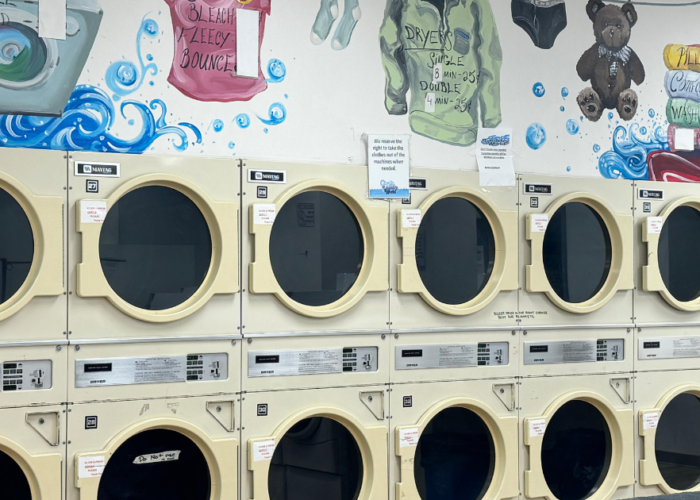Dry cleaning is often seen as the go-to solution for delicate clothing, but is it always necessary? Many people assume that if a garment has a “dry clean only” label, washing it at home will ruin it. While dry cleaning is essential for certain fabrics, some items can be safely washed by hand or on a gentle cycle. Understanding when to use dry cleaning and when to avoid it can help extend the life of your clothes and save on unnecessary cleaning costs.
What is Dry Cleaning?
Dry cleaning is a chemical-based cleaning process that removes stains, dirt, and odors without using water. Instead, solvents like perchloroethylene (perc) or hydrocarbon-based solutions are used to break down oils and grime while protecting delicate fabrics. Unlike traditional washing, dry cleaning prevents shrinkage, color fading, and fabric distortion.
When to Use Dry Cleaning
Certain fabrics and garments require professional dry cleaning to maintain their shape and texture. Here are some key situations where dry cleaning is recommended:
1. Wool, Silk, and Cashmere
- These fabrics are prone to shrinking, warping, or fading in regular washing machines.
- Dry cleaning keeps them soft and maintains their natural luster.
2. Suits and Structured Garments
- Blazers, dress pants, and suits contain inner linings and padding that lose shape when exposed to water.
- Dry cleaning ensures that structured garments retain their form.
3. Delicate Embellished Clothing
- Beaded, sequined, or embroidered garments can be damaged in a washing machine.
- Dry cleaning prevents thread loosening and bead loss.
4. Leather, Suede, and Velvet
- These materials are highly sensitive to moisture.
- Dry cleaning removes stains without cracking, fading, or stiffening the fabric.
5. Wedding Dresses and Formal Wear
- Long-term preservation of gowns and evening dresses requires specialized cleaning.
- Dry cleaning removes deep stains while keeping the fabric intact.

When to Avoid Dry Cleaning
Not all clothes require dry cleaning, and some can even be damaged by the chemicals used in the process. Here’s when you should consider washing at home instead:
1. Cotton, Linen, and Polyester
- Most everyday fabrics can be washed with mild detergent.
- A gentle cycle or hand-wash setting can clean them effectively.
2. Items with Mild Stains
- If a stain is water-based (e.g., juice, coffee, or sweat), spot cleaning with soap and water is often enough.
- Dry cleaning is unnecessary for simple stain removal.
3. Frequent-Wear Clothing
- T-shirts, jeans, and pajamas do not require dry cleaning.
- Regular washing preserves freshness without additional costs.
Alternatives to Dry Cleaning
If you want to care for delicate fabrics without dry cleaning, try these alternatives:
- Steam Cleaning: Removes wrinkles and refreshes fabric without chemicals.
- Hand Washing: A mild detergent and lukewarm water can clean many delicate items.
- Home Dry Cleaning Kits: Available for minor cleaning without visiting a professional service.
Dry cleaning is essential for certain fabrics and garments, but it should not be overused. Understanding which clothes require professional care and which can be washed at home saves money and helps maintain fabric integrity. When in doubt, check the care label and choose the safest cleaning method.
At Laundry World, we provide professional dry cleaning services for your delicate garments. Contact us today to keep your clothing fresh and well-maintained.
Need expert fabric care? Contact Laundry World today.
Email: laundryworldwpg@gmail.com
Phone: +1 204-615-3533
See more Laundry care related news>>> https://laundryworld.ca/news/




